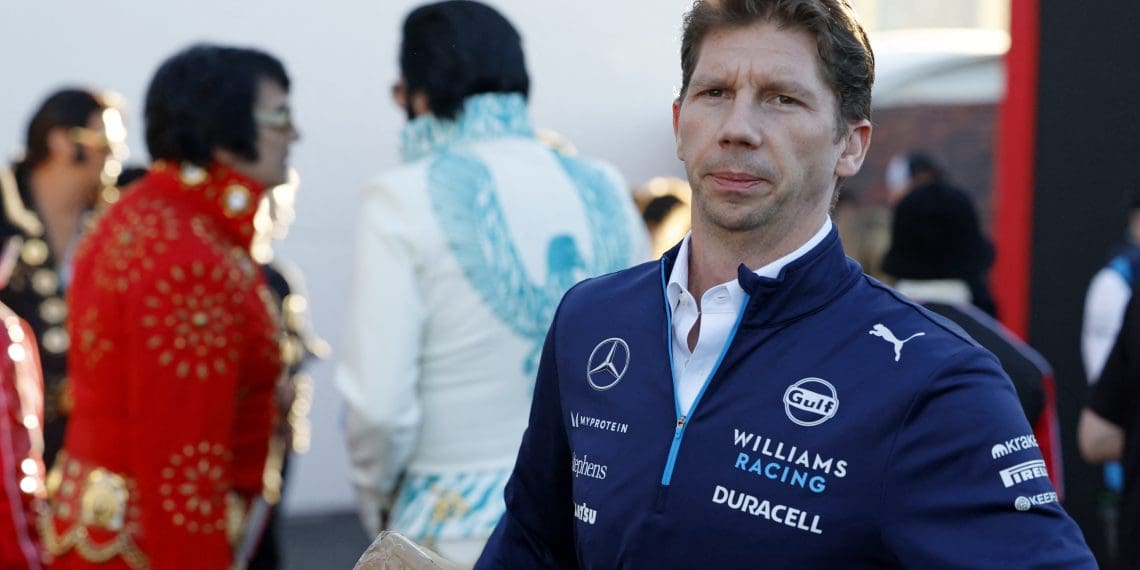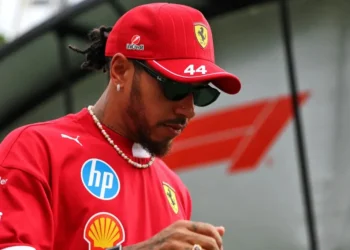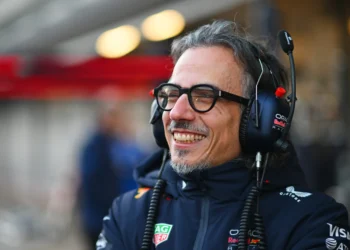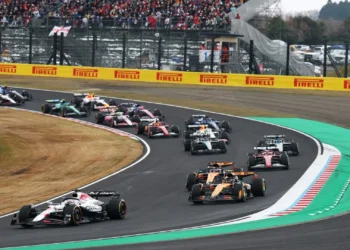Williams team principal James Vowles has voiced his concerns regarding the financial impact of General Motors’ (GM) impending entry into Formula 1, calling on the sport to present a “correct proposal” that adequately compensates the current teams.
The General Motors Deal
Earlier this week, it was confirmed that GM, under its Cadillac brand, has reached an agreement in principle to join the F1 grid as an 11th team in 2026. The deal marks a significant milestone for F1 as it seeks to attract major manufacturers to further grow the sport’s global profile.
- GM’s collaboration with Andretti Global: Initially met resistance from Formula One Management (FOM) due to concerns over Andretti’s perceived value.
- Revised proposal: GM is reportedly prepared to pay more than double the $200 million anti-dilution fee to address financial concerns raised by existing teams about a diluted prize pool.
Vowles’ Concerns
While Vowles has expressed his support for a major OEM like GM entering F1, he remains wary of the financial ramifications for the ten current teams, particularly independent outfits like Williams.
James Vowles:
“It’s a sign of how well the sport is doing that a major OEM like GM is joining us. But it will have financial loss for existing teams. Formula 1 must now grow the sport sufficiently to make this a win for everyone.”
Anti-Dilution Fee Debate
The current $200 million anti-dilution fee, established in the 2021 Concorde Agreement, was designed to offset the reduced prize pool when a new team enters the sport. However, the amount is now viewed as insufficient given F1’s rapid growth and heightened commercial value.
- GM’s willingness to pay a significantly higher fee has been welcomed by existing teams.
- Vowles noted that a yet-to-be-finalized 2026 Concorde Agreement will determine the actual terms of compensation for current teams.
“There’s no defined dilution fee for now. But GM’s commitment and investment mean this is a different proposition compared to before,” Vowles added.
A Change in Perspective
Vowles, previously skeptical about grid expansion, has softened his stance due to GM’s substantial commitment, including plans to develop an in-house power unit by the end of the current regulations.
Vowles:
“This isn’t the same as before. GM is bringing significant investment and serious intent. That level of commitment changes the conversation entirely.”
F1’s Next Challenge
F1’s challenge lies in balancing the excitement and value a new team like Cadillac brings while maintaining the financial stability of existing teams. As Vowles put it, “Formula 1 must now put forward the right proposal.”
With GM’s arrival set to coincide with F1’s transition to its 2026 regulations, this development represents a pivotal moment for the sport, offering both opportunities and challenges in equal measure.










